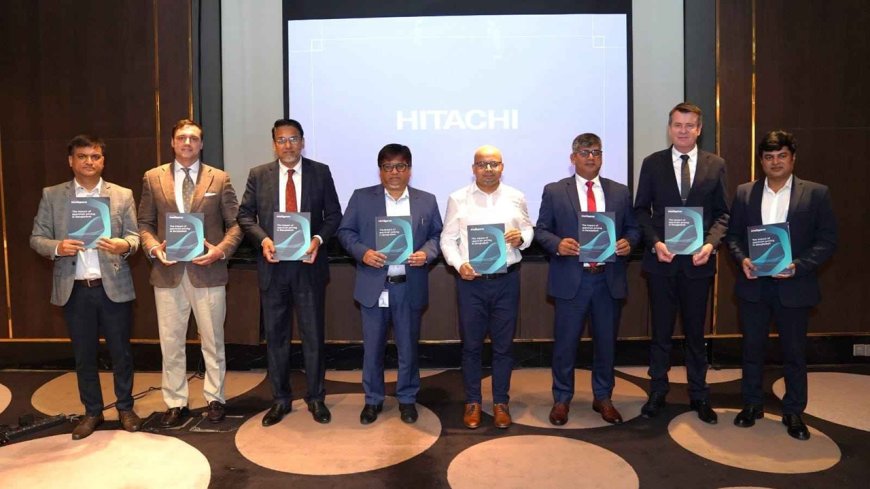Spectrum Strain Stalls Speed in Bangladesh: GSMA Report

Excessively high spectrum prices and heavy taxation in Bangladesh are hindering investment in mobile networks, slowing internet speeds, and delaying the rollout of 5G. This was revealed in a research report titled “The Impact of Spectrum Prices in Bangladesh” published by the GSM Association (GSMA), the global organization of mobile operators.
The report urged the government to reform spectrum pricing, licensing, and sector-specific taxation. It also called for the prompt allocation of the 700 MHz and 3.5 GHz bands to ensure sufficient spectrum for meeting rising data demand and expanding rural coverage.
According to the findings, spectrum fees currently account for about 16% of operators’ recurring revenues in Bangladesh—well above the Asia-Pacific average of 10% and the global average of 8%. When revenue sharing, surcharges, and consumer taxes are added, the total financial burden rises to 55% of market revenues, one of the highest in the world. If the current or previous high pricing structure persists in the 2026 renewal and new band auctions, spectrum costs are projected to rise to 21% of operators’ revenues by 2035. This would force operators to return parts of their spectrum holdings or refrain from acquiring new bands, severely undermining internet speed, network quality, and 5G adoption.
The report outlined four priority policy actions to address this challenge. These include setting reserve and renewal fees aligned with market realities while exempting spectrum from VAT; replacing revenue sharing and high handset duties with a general tax framework to encourage smartphone adoption; ensuring long-term license certainty with extended validity periods; and introducing local currency installment payments to mitigate foreign exchange risks.
The GSMA emphasized that aligning spectrum fees with the Asia-Pacific average (a reduction of about 50%) could increase average download speeds by 17% by 2035, ensure 99% 5G coverage nationwide, and add USD 34 billion to the economy. Aligning with global averages (a reduction of about 75%) would raise 4G speeds by 22%, accelerate digital inclusion, and generate an additional USD 45 billion in economic benefits. Lowering spectrum fees would not necessarily reduce government revenue, as improved connectivity and increased economic activity would directly offset the shortfall.
Julian Gorman, Head of Asia Pacific at GSMA, stated, “Mobile connectivity is the oxygen of Bangladesh’s digital dream. Yet operators are bearing one of the highest spectrum and tax burdens in the world. Affordable, predictable pricing and modernized license conditions are critical to ensuring affordable, widespread coverage and to realizing the trillion-dollar economic vision. We stand ready to work with the government and industry stakeholders to ensure spectrum policy becomes a catalyst for inclusive growth, not a constraint.”
The report was officially launched on Wednesday, September 10, at Hotel Intercontinental in Dhaka.
Among those present were Special Assistant to the Chief Adviser on Posts, Telecommunications, and Information Technology Faiz Ahmad Taiyeb; Posts and Telecommunications Division Secretary Abdun Naser Khan; BTRC Chairman Major General Md. Emdad ul Bari; Additional Secretary (Telecom) of the Posts and Telecommunications Division Md. Zahidul Islam; BTRC Commissioner (Spectrum) Mahmud Hossain; and GSMA Asia Pacific Head Julian Gorman.









































































































































































































